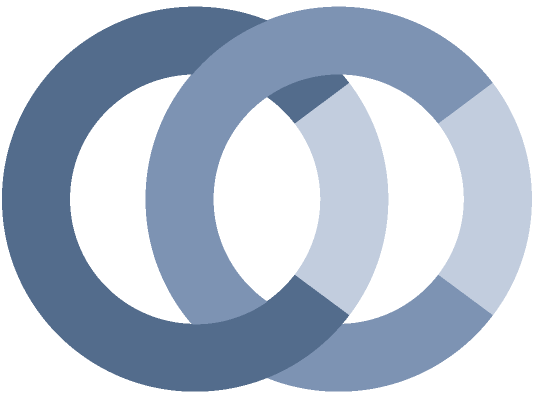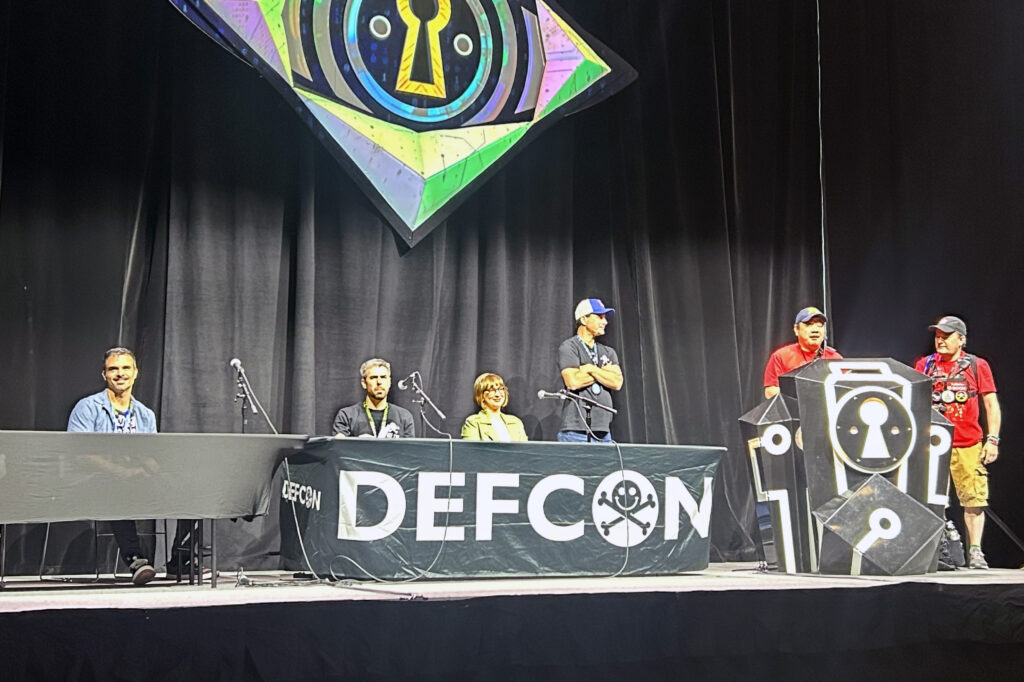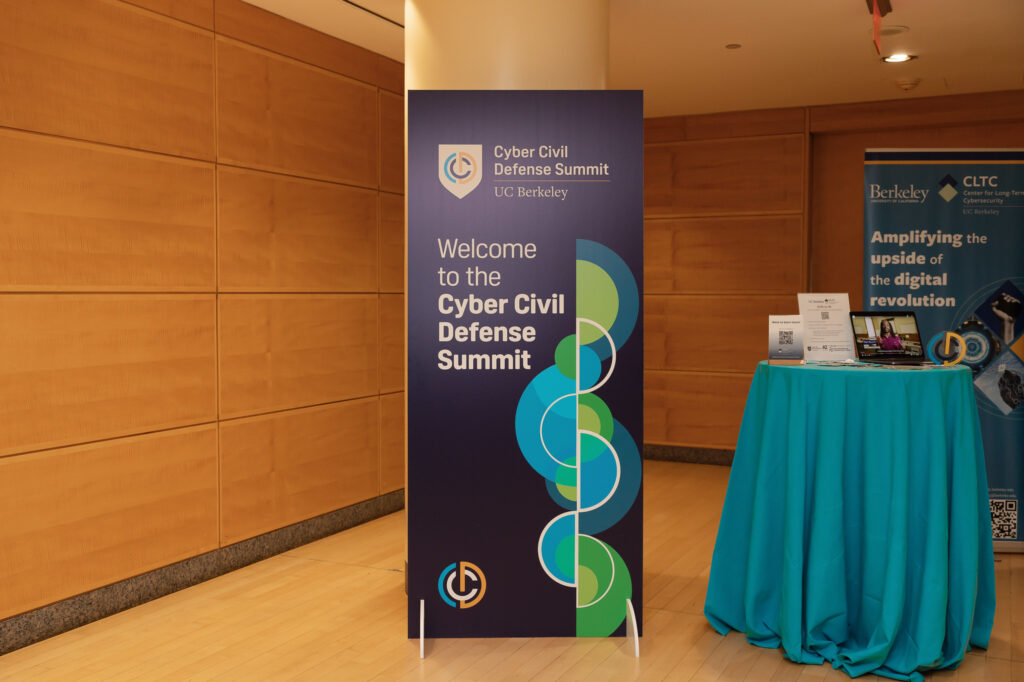The Center for Long-Term Cybersecurity has launched a new public interest cybersecurity clinic dedicated to providing services to politically vulnerable organizations—including media outlets, human rights groups, and non-government organizations—that are at risk of cyberattacks.
Similar to public-interest clinics in law and medicine, the “Citizen Clinic” will train teams of students to provide assistance to organizations that face online threats from governments, hate groups, and other politically motivated adversaries. Citizen Clinic’s interdisciplinary teams will assess threats to targeted organizations, recommend risk-appropriate mitigations, and work collaboratively with clients to implement new policies and technical controls to enhance their long-term cybersecurity needs. The initiative builds off a recent report published by CLTC that exposed the lack of resources available to build capacity in civil society organizations, which often face significant cybersecurity threats but have limited resources to protect themselves.
“Citizen Clinic is helping address an urgent challenge, as many civil society organizations are highly vulnerable to spyware, surveillance, troll campaigns, censorship, and other online threats,” said Steve Weber, Faculty Director of CLTC. “Many of the other resources available to civil society are focused on responding to cyber emergencies, as opposed to prevention and baseline security. Citizen Clinic represents an important new model for helping these organizations develop long-term resilience in the face of an evolving threat landscape.”
In addition to supporting client organizations, Citizen Clinic provides UC Berkeley students with a unique experiential learning opportunity. By working with civil society organizations as clients, students are learning how to assess vulnerabilities, and how to develop, recommend, and perform mitigating controls for security risks in a manner tailored to the resource-constrained environments of clients. Following a successful pilot in spring 2018, Citizen Clinic is now offered as a course in the UC Berkeley School of Information; participating students currently come from the fields of law, computer science, public policy, information management, and others.
“Citizen Clinic is helping build a pipeline of public-interest technologists who know how to help under-resourced organizations operating in complex political, sociological, and legal contexts,” said Sean Brooks, Director of Citizen Clinic. “We hope to expand our staff and capabilities in the coming months and years, and we are interested in meeting with potential partners and supporters, as well as with prospective client organizations.”
Citizen Clinic is directed by a team that includes experienced cybersecurity experts—including Bill Marczak, who gained recognition for identifying spyware on the phones of journalists in Mexico and Bahrain. The program also has an advisory board that will provide support with development and outreach efforts. Advisory board members include:
- Ron Deibert, Director, The Citizen Lab
- Eva Galperin, Director of Cybersecurity, Electronic Frontier Foundation
- Lobsang Gyatso Sither, Digital Security Program Director, Tibet Action Institute
- Matt Mitchell, Director of Digital Safety & Privacy, Tactical Technology Collective
- Eleni Gessiou, Security Engineering Manager, Facebook
“I am excited to see the launch of Citizen Clinic, and look forward to developing a strong collaborative engagement between our respective organizations,” said Ron Deibert, Professor of Political Science and Director of Citizen Lab, Munk School of Global Affairs and Public Policy, University of Toronto. “For the past decade, we have documented a growing epidemic of targeted digital attacks against vulnerable populations online. We desperately need innovation around how to mitigate this emerging and very harmful problem. Citizen Clinic promises to be one such innovation.”
For more information, visit https:///cltc.berkeley.edu/citizen-clinic. Or contact Sean Brooks, Director, Citizen Clinic, at swb@berkeley.edu.




